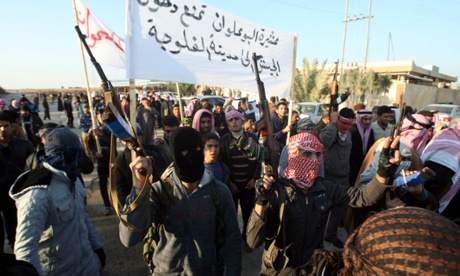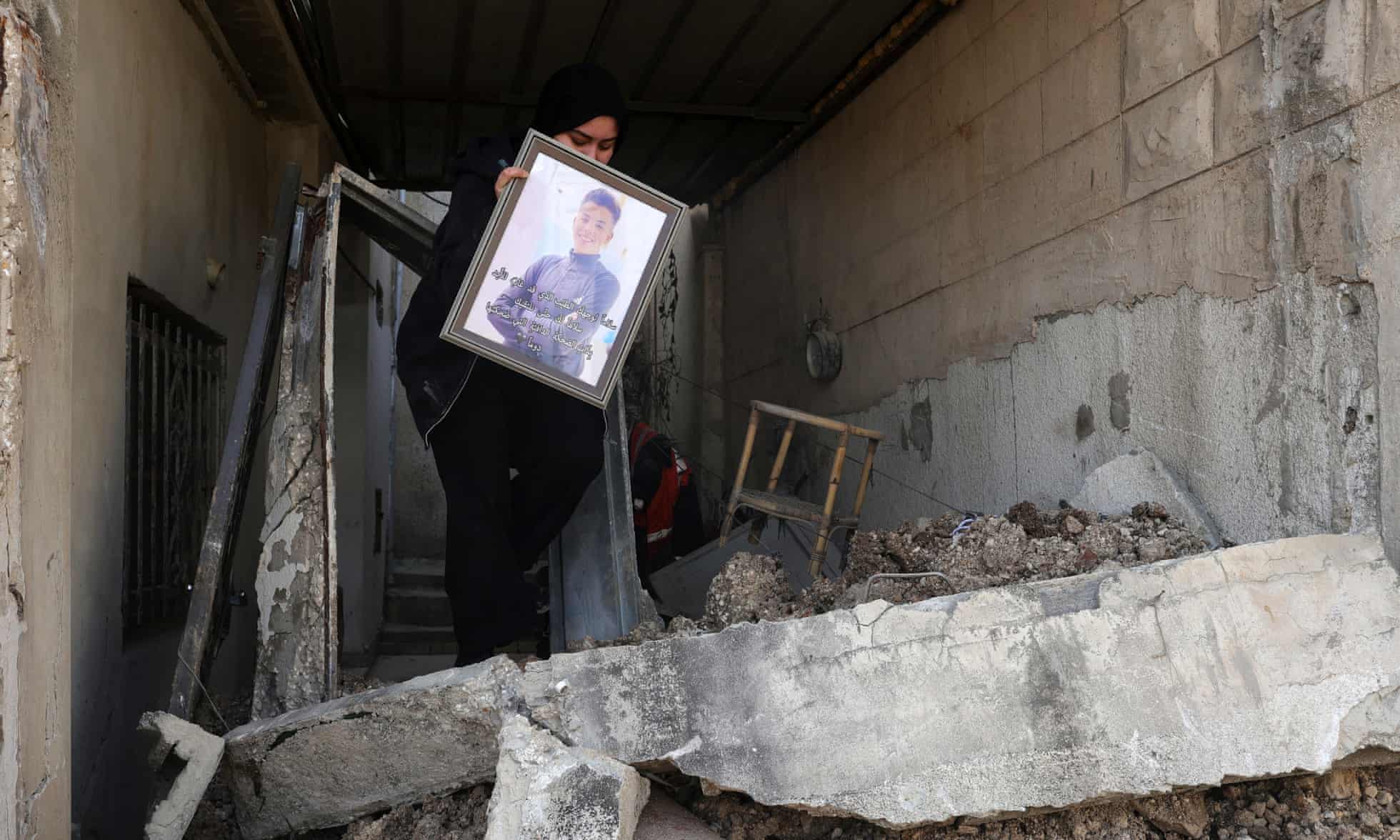 I am having flashbacks to my time as a marine during the second siege of Falluja in 2004. Again, claims are being published that al-Qaida has taken over the city and that a heavy-handed military response is needed to take the city back from the control of terrorists.
I am having flashbacks to my time as a marine during the second siege of Falluja in 2004. Again, claims are being published that al-Qaida has taken over the city and that a heavy-handed military response is needed to take the city back from the control of terrorists.
The first time around, this claim proved to be false. The vast majority of the men we fought against in Falluja were locals, unaffiliated with al-Qaida, who were trying to expel the foreign occupiers from their country. There was a presence of al-Qaida in the city, but they played a minimal and marginal role in the fighting. The stories about Abu Musab al-Zarqawi, the alleged leader of al-Qaida in Iraq who was said to be recruiting an army in Falluja, were wildly exaggerated. There is no evidence that Zarqawi ever even set foot in Falluja.
This week, the Iraqi Ministry of Interior's assertion that al-Qaida's affiliate, the Islamic State of Iraq and Syria, has taken over half of Falluja is being parroted in headlines by almost every major media network. But again, it appears that the role of al-Qaida in Falluja is being exaggerated and used as a justification for a military assault on the city.
The violence began just over a week ago, when Iraqi security forces disbursed a protest camp in Falluja and arrested a politician who had been friendly to the protestors' goals. This camp was part of a non-violent protest movement – which took place mostly in Sunni cities, but was also receiving some support from the Shia community – that began a year ago. Iraqi security forces have attacked protestors in Falluja and other Sunni cities on several occasions, the most egregious example taking place in Hawija, when over 50 protestors were killed.





 The first amendment guarantees freedom of speech and freedom of assembly. It will have little meaning...
The first amendment guarantees freedom of speech and freedom of assembly. It will have little meaning... On Monday, August 6, 1945, after six months of intense firebombing of 67 other Japanese cities,...
On Monday, August 6, 1945, after six months of intense firebombing of 67 other Japanese cities,... Later this month, on the holiday of Purim, Jewish people will dress in silly costumes, eat...
Later this month, on the holiday of Purim, Jewish people will dress in silly costumes, eat...






























